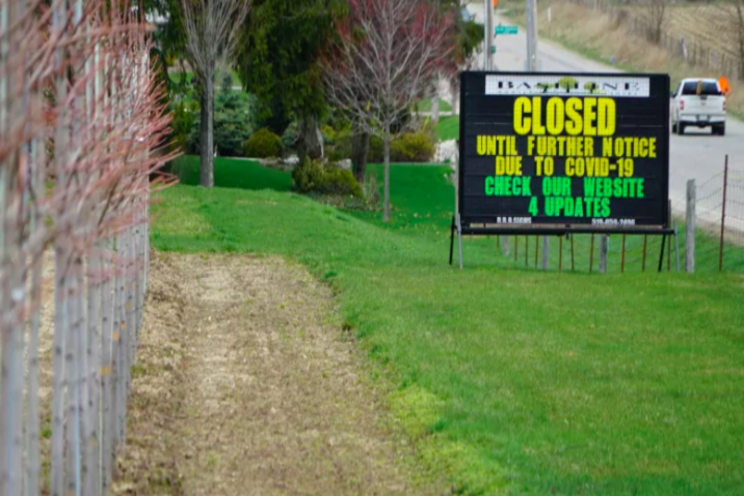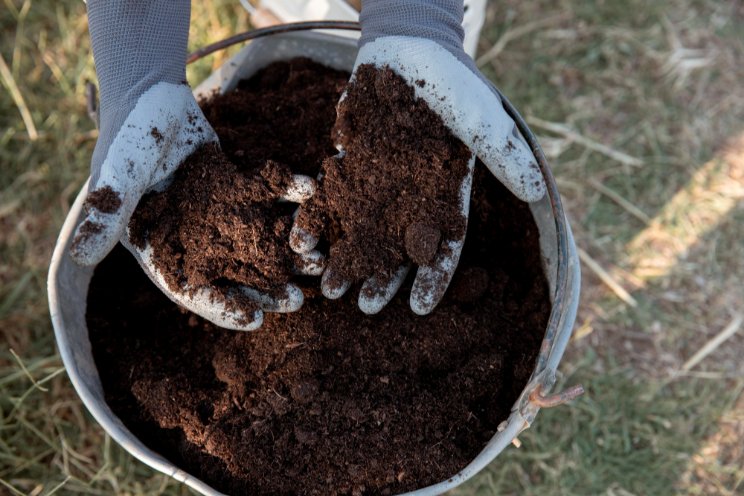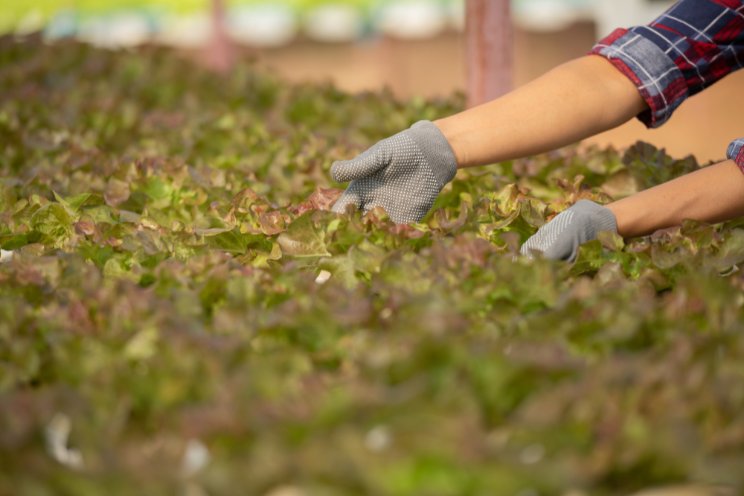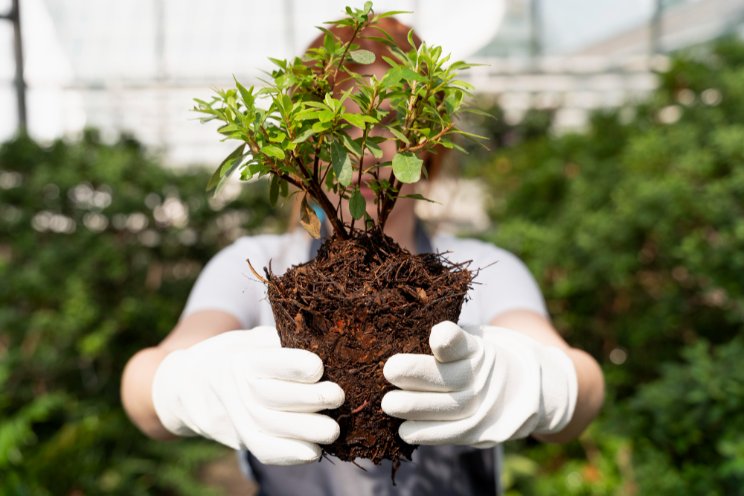Loosening restrictions on gardening industry
Added on 21 April 2020

Ontario's horticulture industry is urging the province to loosen emergency public health restrictions to allow them to resume some business, warning that a prolonged lockdown could irreparably damage an untold number of small, family-owned businesses.
Horticulture in Ontario is an $8 billion business, according to Landscape Ontario, the trade association representing an industry that includes landscapers, growers, garden centres and lawn care companies, employing 80,000 people in mostly small, family-run companies.
Many of them were shutdown when the Ontario government imposed an emergency shutdown of all non-essential workplaces on April 4. While the essential farms that grow the plants can remain open during the pandemic, the non-essential garden centres and florists that sell them must remained closed.
The situation has created a bottleneck, putting an estimated $400 million worth of live trees, shrubs, perennials and field-grown flowers in a state of limbo. The industry said if the stock can't be sold by June, it will have to be destroyed, resulting in millions in losses and the potential financial ruin of countless family-run businesses.
'There's tremendous angst out there'

Spring to garden centres is akin to Christmas for retail. Four-fifths of the more than $1.2 billion worth of annual sales happen between mid-April and mid-June in Ontario. (Riley Irwin)
"There's tremendous angst out there," said Mark Cullen, a best-selling author of Canadian gardening books and a well-known gardening media personality.

Mark Cullen is a best-selling Canadian gardening author and media personality. (Mark Cullen/Facebook)
"Peoples' income is on the line, tremendous inventories are on the line, especially in regards to our grower," he said. "There are a lot of sleepless nights."
"All those geraniums you would go out and buy in May are in a greenhouse right now on a journey toward blossoming and hopefully on a journey to a retailer but only if the Ontario government will allow that to happen."
"The profession is dominated by family-owned businesses, many of them will have to go out of business by the end of June if they haven't generated some cash," Cullen said.
Spring to garden centres is akin to Christmas for retail. Four-fifths of the more than $1.2 billion worth of annual sales happen between mid-April and mid-June in Ontario. Growers say some of their crops are highly perishable and if they can't be sold within that period, must be destroyed.
"All the folks who are growing their own flowers and vegetable plants, if they can't sell their stuff to garden centres, then they're just going to have to throw their product out," said Riley Irwin, a garden expert and the chief purchasing agent at Baseline Nurseries in London, Ont.
"It's really hard to see. You know, it's compost and everything, but you're throwing money out the door," she said. "It's stressful."
'Gardening is therapy'

While greenhouses and farms have spent the winter growing trees, shrubs and field flowers for market, there's nowhere to sell them. Emergency lockdown orders have closed many garden centres and nurseries to the public. (Riley Irwin)
It's why many growers, farms and greenhouses have started furiously writing to their MPPs, to ratchet up the pressure and get the province to find some way to ease restrictions on the gardening industry without compromising public health, because, they argue, staying at home doesn't mean staying indoors.
"Gardening is a therapy," Irwin said. "Being outside, being able to touch the plants and see the blooms and exposing yourself to nature and feeling the wind in your face, it's great for you."
"So I think the garden centres need to be open, but in a modified way to keep customers safe and happy and the same for the staff," she said.
While growers and garden centres are fretting over their customers drying up, some florists are having the opposite problem during the outbreak.
'There's not going to be enough flowers'

Emergency orders may have closed flower shops like this one in London, Ont., but florists say they're doing a flourishing trade in porch deliveries, as people turn to bouquets as pandemic pick me ups. (Colin Butler/CBC News)
Even though large orders for churches, weddings and parties have stopped coming in thanks to physical distancing, the number of online orders and porch deliveries have skyrocketed thanks to people looking to cheer up friends and neighbours with a dash of spring colour in uncertain times.
"Apparently people like to have flowers on their porch instead of Amazon," said florist Geraldine Peters, the owner of Jim Anderson Flowers in downtown London.
"People want something more colourful because there's no colour out there. We've been doing really well, actually."
So well, Peters has been to her supplier three times in the last 24 hours and each load of fresh bouquets has sold out. It's why she's worried there might not be enough flowers to go around for the deluge of orders she gets on Mother's Day.
"We're already in trouble," she said. "We're going to be overwhelmed because we don't have the ability to bring in staff and with the distancing, the orders are going to come in, yes. There's not going to be enough flowers maybe."
"They're running out as quickly as it's coming in," she said. "It's mostly local stock. There's a little bit coming in from the south but nothing from Europe yet. We've heard millions and millions of flowers have been dumped because they can't get it to the customer. They used to ship it on domestic flights, but they can't anymore."
"I'm hoping by Mothers Day they'll have figured out some kind of transportation so we'll have flowers again."
Current lockdown measures in Ontario have been imposed until May 12 and the province has not indicated when it plans to ease restrictions on non-essential businesses.
Source: cbc
Photo Credit: Colin Butler/CBC News
Source: CBC NEWS
More news















